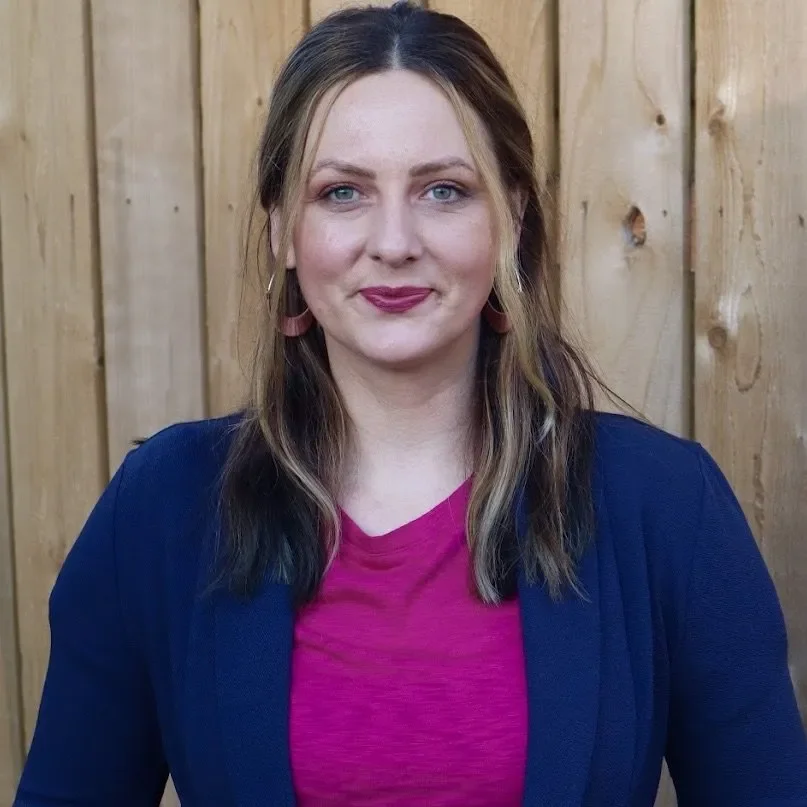Use Tax: Definition & Meaning
Use tax is a tax on the use of goods or certain services when sales tax has not been paid. Use tax is a common tax that people will pay when they have purchased from remote sellers across state lines. Additionally, use tax may be due if goods are purchased from someone not authorized to collect sales tax (for example, from an individual through a newspaper ad), or if goods are purchased in another state that does not have a sales tax or has a lower rate of sales tax.
A tax on the sale, transfer, or exchange of a taxable good or service is known as a sales tax. Sales tax often applies to purchases made by end users or final consumers. The buyer is often responsible for paying the sales tax in addition to the purchase price. Use tax, just like the sales tax, usually consists of the state portion and the local portion. The state portion is distributed to the state, and the local portion to the local jurisdictions (city, county).
Read on as we take a closer look at this form of tax.
Table of Contents
KEY TAKEAWAYS
- The use tax is a tax on the use of goods or certain services when sales tax has not been paid.
- It is primarily used for purchases of taxable items or taxable services that weren’t taxed in the state it was purchased in.
- It is a tax that occurs when an individual purchases from an online retailer and the retailer has not collected sales tax.
- Use tax can be reported on your state income tax return, consumer use tax return, or, in case of businesses, on excise tax return.
- The use tax rate is the same as your sales tax rate. The local use tax rate, unlike the local sales tax rate, is calculated at the rate where you make first taxable use of the article as a consumer, which is not necessarily where the sale takes place. Usually, the local use tax rate is the same as the local sales tax rate of the buyer’s address of residence.
What Is the Use Tax?
Use tax is a sales tax on purchases made for taxable items that will be consumed, stored, or used in the state of residency and on which no tax was collected in the state of purchase. Use tax is owed if the purchase would have been subject to taxation had it been made in the state where the buyer resides.

How to Report and Pay Use Tax
The easiest way to report and pay the use tax that you owe is on your state income tax return. Remember that each state handles use tax differently, and they class types of purchases differently as well.
Most states allow you to pay your use tax the following ways:
- eForms
- Online business services account
- Web upload
- ACH credit

Use Tax Rates
The resident’s local sales tax rate, which incorporates both state and local sales taxes, and the use tax rate are identical. If a resident doesn’t pay use tax, interest and penalties may apply.
Because of this, you’ll have to check with your state government in order to find out what the local use tax rate is. Be sure to ensure that you are paying the correct tax rate to avoid any overpayments or any fines coming from underpayments.
Use Tax Example
Let’s say that a resident of Georgia wants to buy clothing from a Georgian retailer. The retailer will collect the sales tax from the buyer at the point of sale. It will then be remitted to the tax authorities. In this case, no additional tax is due.
Summary
Use tax can be tricky to understand when implemented across state lines. Each state has different rules relating to how it charges use tax. So if you are in doubt about whether or not you have to pay use tax, it is best to consult your state government website for any further information, such as the state’s department of revenue. This will help any individual taxpayer avoid a civil penalty.

FAQS on Use Tax
The main difference between a sales tax and a use tax is that a sales tax is collected by the seller, whereas the use tax is self-assessed and paid by the end consumer.
Use tax is triggered when the sales tax isn’t collected in the state where a good or service is purchased in.
No, use tax is a liability that the user must pay on their state income tax return or consumer use.

Share: